Blockchain is essentially a shared ledger system, a digital one that can significantly streamline and protect all identities and transactions. Its advent is in full swing as blockchain is having an outsized impact on many sectors of the economy. Its market power cannot be underestimated and presents vast potential opportunities – but is blockchain right for you? The answer is not clear-cut.
Blockchain solves many complex business problems, but it is no panacea that can be applied across companies indiscriminately. So, let’s take a look at what blockchain technology does, where it deploys successfully, and converge on the key criteria to consider in thinking about blockchain for your company.
UNDERSTANDING BLOCKCHAIN TECHNOLOGY
WHAT IS THE BLOCKCHAIN?
Blockchain technology may seem impenetrable and a tall wall to scale at first. However, if we go to the core, three concepts clearly define what is the blockchain:
Three core concepts of the Blockchain.
- The blockchain is a database distributed across a public or private computing network, where each computer node contains a copy of the database.
- The distributed database automatically authenticates, time-stamps, and secures data records about a transaction into a block.
- The distributed database regularly updates the block with new information and forms a chronological sequence of blocks, i.e., the blockchain.
For a more in-depth look at the blockchain, refer to articles by Reuters, MIT, and Goldman Sachs.
WHY IS IT IMPORTANT?
Blockchain has significant implications for business. First, this technology enables companies and consumers to bypass the complex network of intermediaries currently needed to perform transactions.
Second, by eliminating intermediaries, blockchain can disrupt industry structures, value chains, and distribution networks, to pare down market inefficiencies.
Blockchain will become the universal
platform to track identity information and
transact physical and digital goods.
Third, it reduces the cost of business operations. Blockchain technology streamlines complex operational processes (e.g., payment, settlement, identification) into error-free, automated tasks.
Fourth, it makes contractual agreements simpler, faster, and cheaper to execute. By use of smart contracts, blockchain can simplify, verify, and enforce the performance of a contract without the need for intermediaries, including lawyers, accountants, administrators, and back-office operations.
INDUSTRIES IN FLUX
Financial markets have been the earliest adopters of blockchain technology, notably banks, stock exchanges and the diamond industry. Other industries are following closely, including supply chain, energy, agriculture, health care, and many more. We review some of these to get a flavor of the issues that blockchain technology is addressing in their space and upcoming developments.
BANKS
Banks are adopting blockchain to transform large chunks of their business. Five areas of focus are particularly prominent and ready for modernizing:1
- Clearing and Settlement: streamlined reconciliation of records for loans and securities
- Payments: use of digital currencies to cut cost and time
- Trade Finance: elimination of paper-based bills of lading and letters of credit
- Identity: verification of customers and counter-parties and protection of identities
- Syndicated loans: shortened time cycles for loan settlement, exchange, and repayment
While blockchain is still in its infancy, traditional banking processes are changing with new business models poised to emerge. Today, more than 100 banks are using blockchain and the number is expanding.
Exhibit 1. Selected Banks Leveraging Blockchain Technology




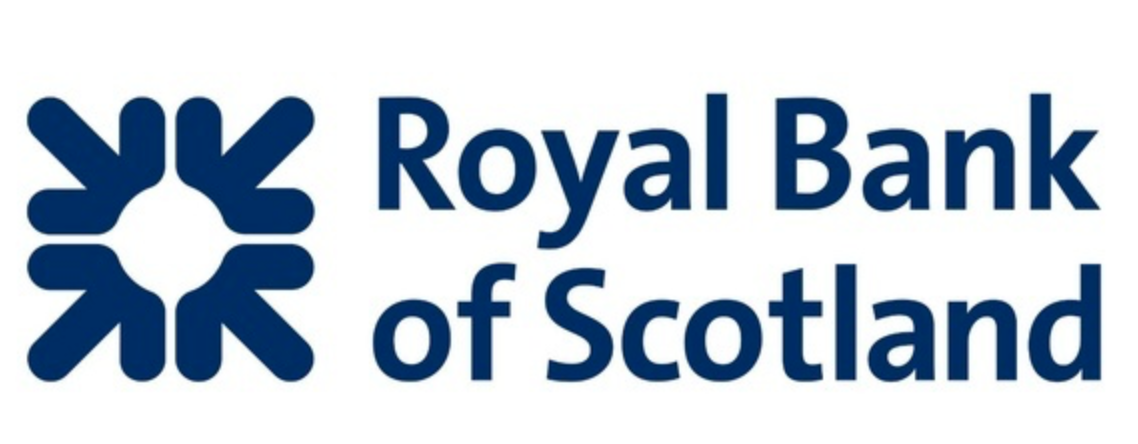

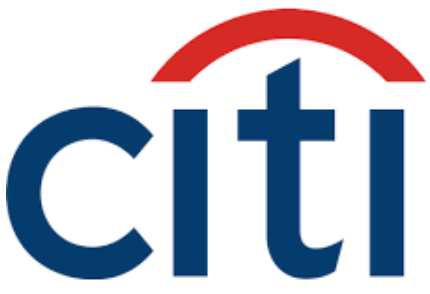


STOCK EXCHANGES
Leading stock exchanges worldwide are looking at techniques to leverage blockchain technology to modernize slow settlement mechanisms. Traditionally, stock market traders, brokers, and regulators need to go through a three-day process to complete transactions – primarily due to the role of intermediaries, operational trade clearance, and regulatory processes.
By contrast, blockchain speeds up the settlement of trades by cutting through the procedures and the multi-layered processes—pre-trade, trade, post-trade & custody, and securities servicing— which are incredibly complex, time-consuming, cost inefficient, cumbersome, and prone to risks. It does so by simplifying, automating and decentralizing functions on the distributed ledger technology (DLT).
Exhibit 2. Stock Exchanges Leveraging Blockchain Technology
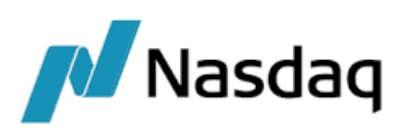

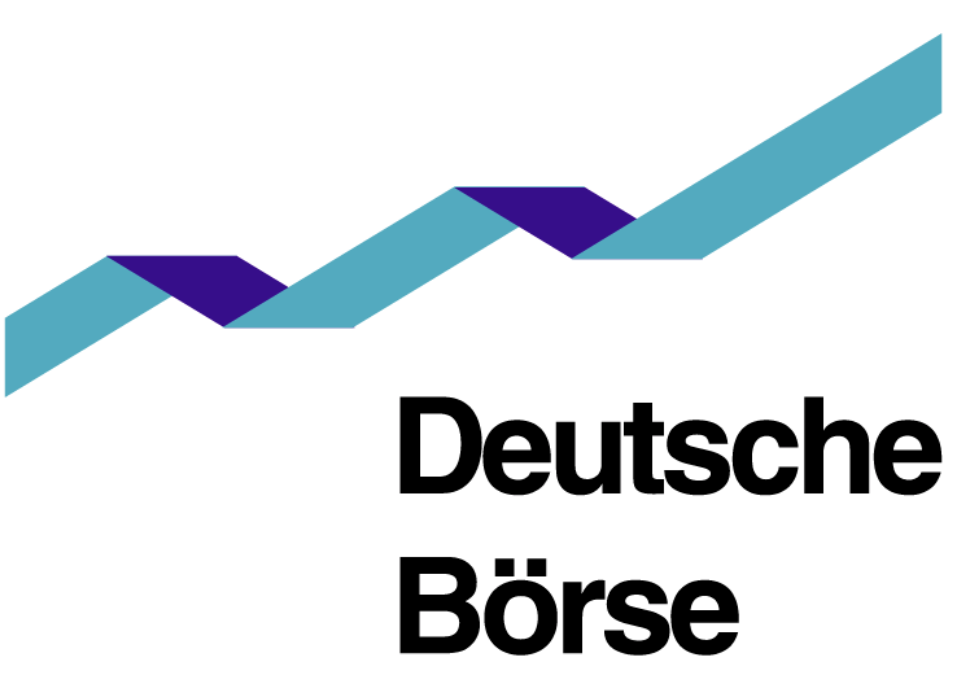
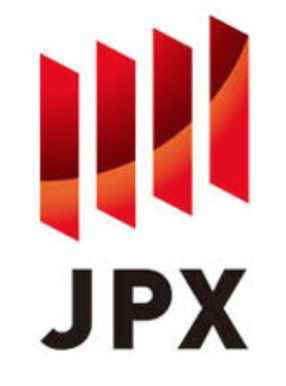
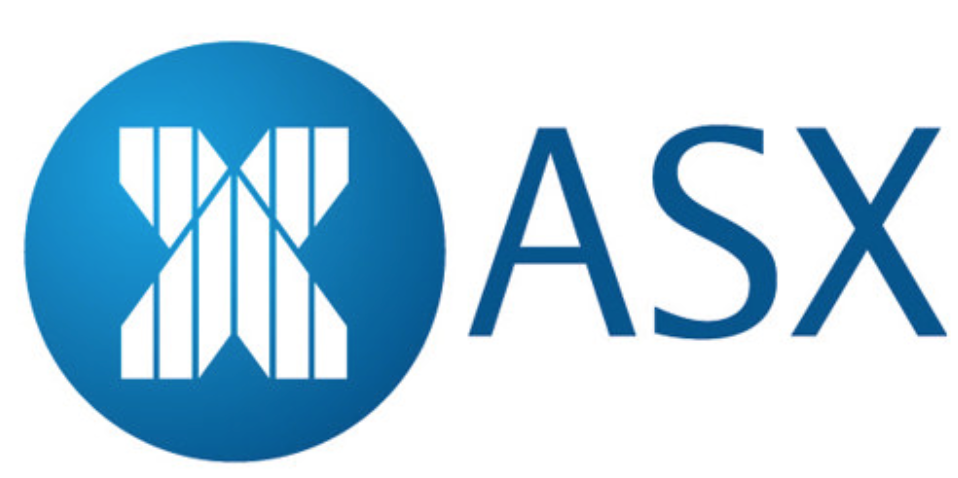


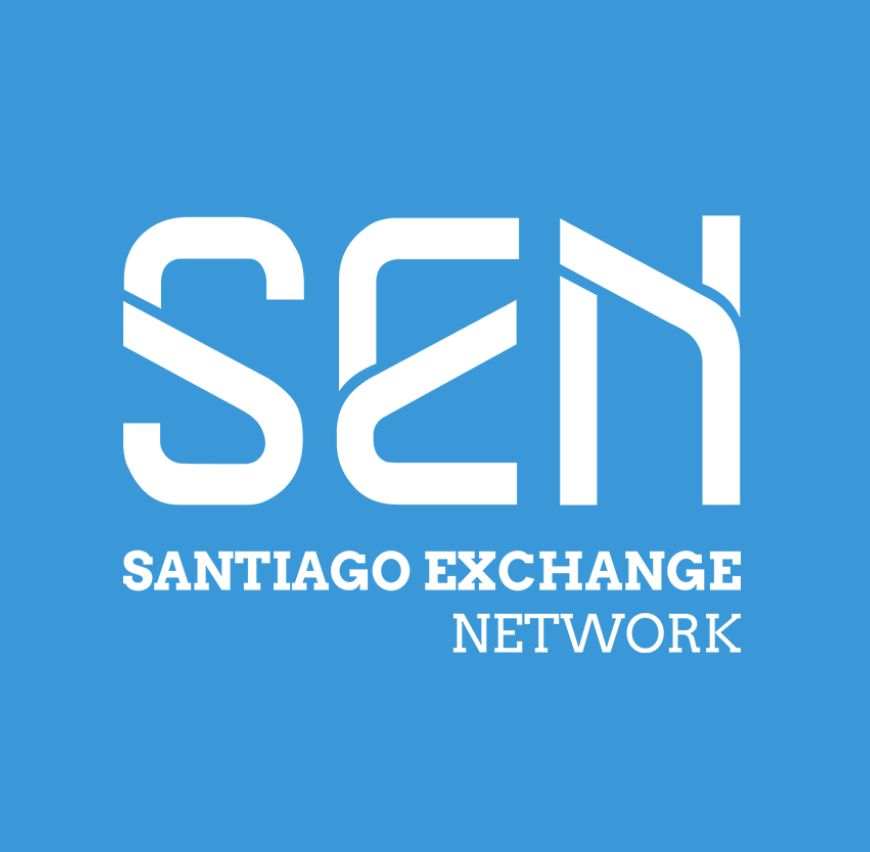

THE DIAMOND INDUSTRY
The diamond industry has been quick to adopt blockchain technology to solve two serious problems that affect consumers:
(1) diamond provenance and traceability: lack of transparent information as to where the jewelers’ diamonds come from, i.e., whether they were mined in war zones and sold to fund insurgencies (aka blood diamonds), and
(2) diamond price: whether the price accurately reflects the quality of a specific stone.
Because jewelers have struggled with validating the authenticity of their diamonds, leading companies have launched an online distributed ledger based on blockchain to prove the provenance and the traceability of each gem throughout the jewelry supply chain.2
Two initiatives are currently underway: Tracr and TrustChain. Both are building out their network by bringing together participating organizations across the complex jewelry supply chain. Going forward, other future blockchain developments include improving price accuracy as it relates to the quality of the diamond.
Exhibit 3. Diamond Companies Leveraging Blockchain Technology

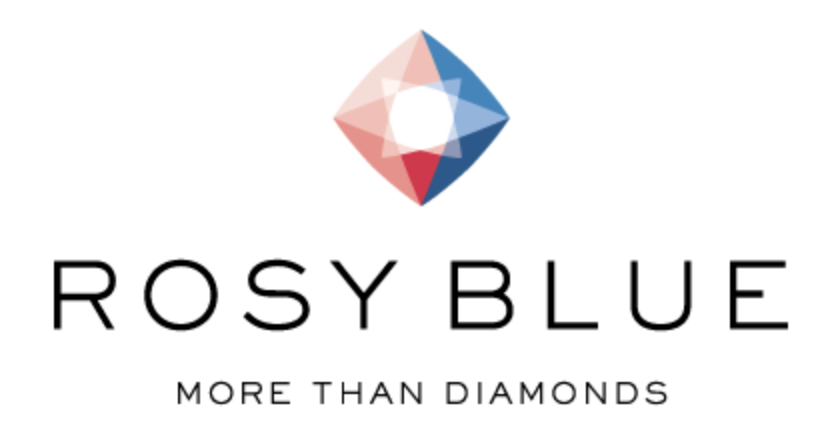
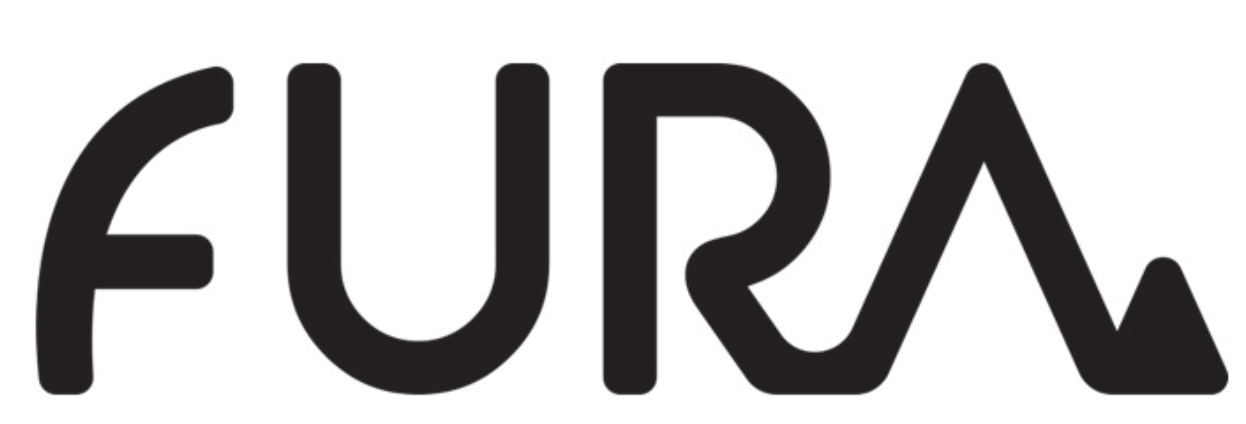
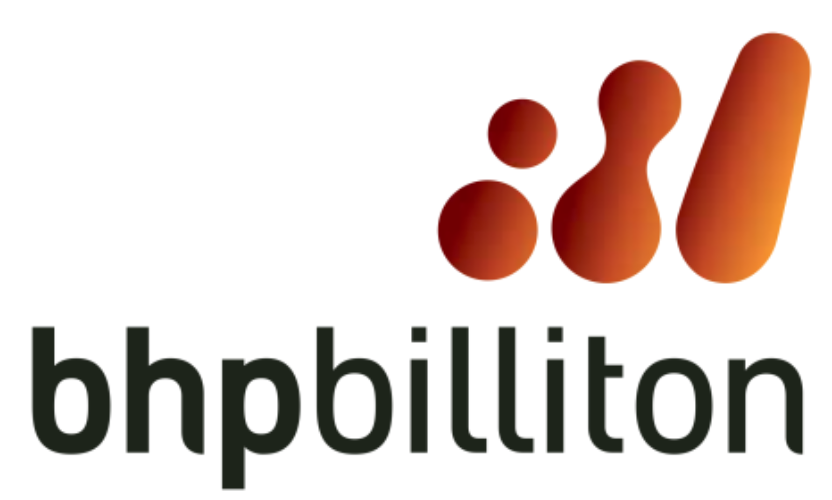
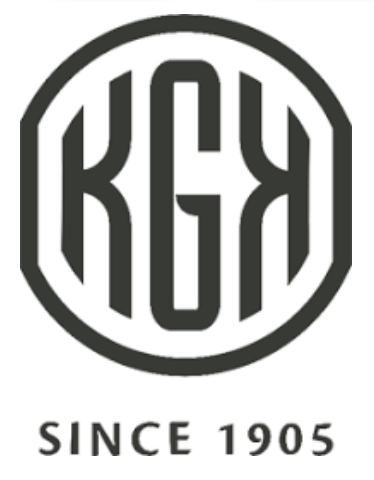



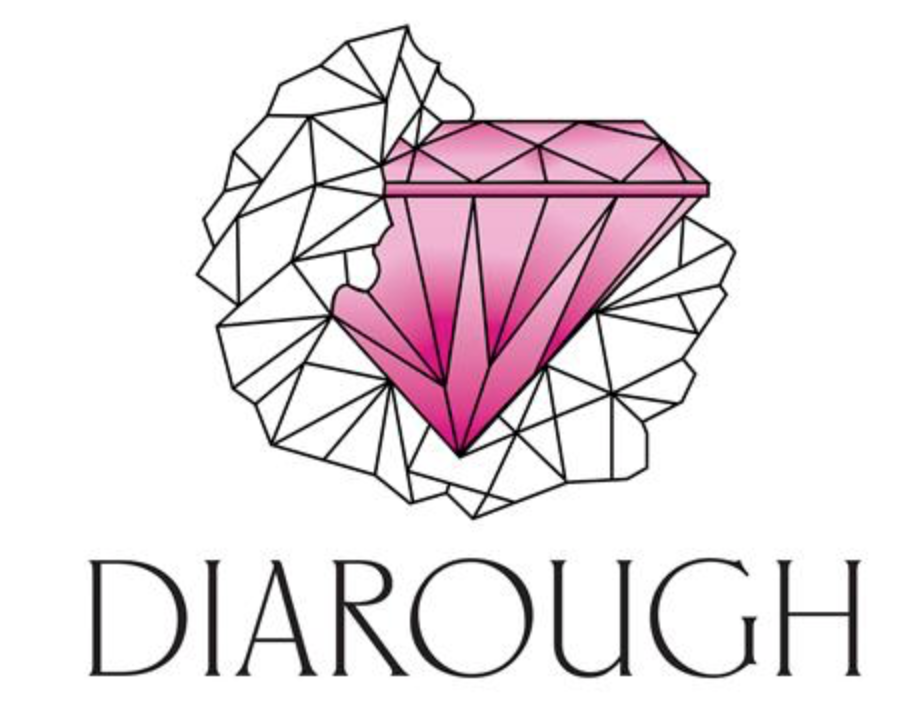
SUPPLY CHAIN: FREIGHT & LOGISTICS, SHIPPING AND RETAIL
Supply chains move millions of shipments every day. Shipping is complex as there are multiple parties involved and requires a significant amount of data – and that is for one cargo moving domestically. Duties, taxes, authorizations and other information required for international shipments add even more complications.
As a result, freight & logistics companies, carriers, and retailers are moving to blockchain rapidly. Four areas of focus are particularly significant for them, including the following:
- Identifying physical goods with serial numbers, barcodes, digital tags like RFID
- Tying physical goods to a single record of shipment that is secure and transparent for all parties to see.
- Tracking purchase orders, change orders, receipts, shipment notifications, or other trade-related documents.
- Tracing movement, physical locations, change of status, the quantity and transfer of assets – like pallets, trailers, and containers – as they move across supply chain nodes.
The most substantial benefits of blockchain’s real-time documentation of a product’s journey through the supply chain include immediacy of information, improved security, and enhanced transparency as blockchain cuts through the complex web of the many organizations involved. Moving forward, manufacturers will tie into blockchain.
Exhibit 4. Third Party Logistics Companies, Carriers and Retailers Leveraging
Blockchain Technology
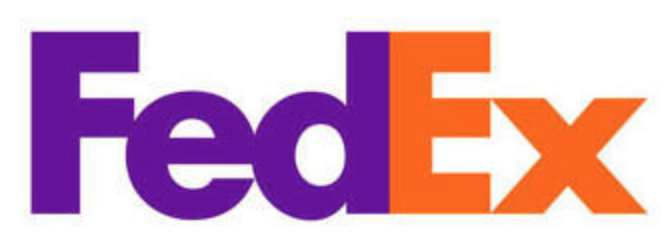
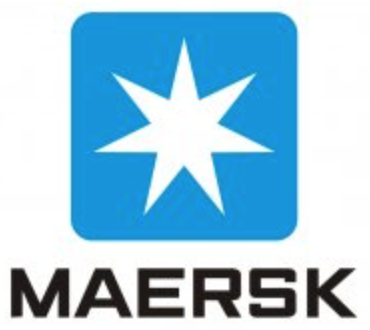


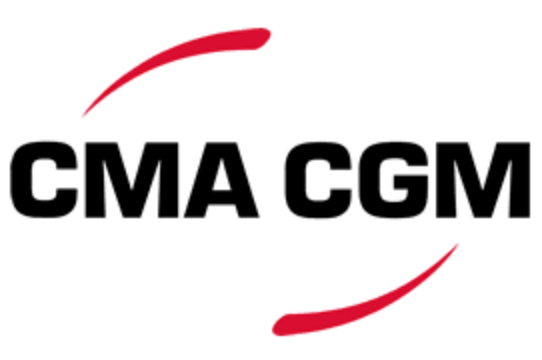

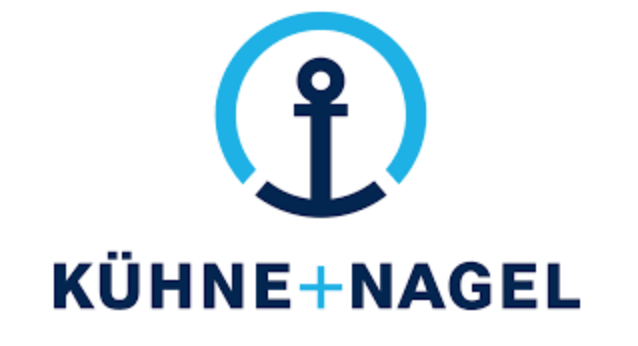

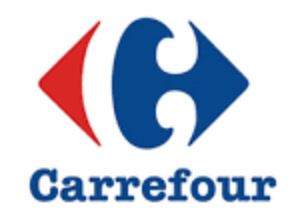
HOW TO EVALUATE IF BLOCKCHAIN IS THE RIGHT CHOICE FOR YOUR COMPANY
The previous examples illustrate the magnitude of change that blockchain is generating. Looking to the future, its impact on companies, sectors, and economies worldwide will be substantial. While there is a lot of enthusiasm about blockchain, it’s important to be practical about the technology and consider whether you really need it: is blockchain the right choice for your company? The answer is not clear-cut.
Focus on specific initiatives.
Blockchain works well only under certain conditions. The following checklist provides a way to evaluate whether the initiative you have in mind qualifies for blockchain.
Exhibit 5. Criteria for Blockchain
| Criteria | Yes No |
|---|---|
| 1. DATABASE: Do you need a database?
Blockchain is a technology for decentralized databases. So, first you need to ask yourself why you need to use a database, i.e., a structured repository of information.
|
|
| 2. MULTIPLE CONTRIBUTORS: Does it require shared write access?
Blockchain is a protocol for databases with multiple contributors, i.e, it requires more than one entity to generate the transactions that modify the database.
|
|
| 3. ASSURANCE: Are any of the parties unknown or not trusted? Conversely, if they are trusted, is it possible for them to have a conflict of interest? Do parties need assurance that the data is valid and secure?
If multiple entities are contributing to the database, there also needs to be some degree of mistrust among those entities calling for assurance of data verification.
|
|
| 4. INTERDEPENDENCE: Are transactions from various contributors dependent on each other?
For instance, a stock exchange requires multiple entities to interact with each other, who become de facto interdependent.
|
|
| 5. DISRUPTION: Do you want or need to disrupt the current intermediaries?
In the current situation, the need for a shared database with multiple contributors is being addressed via a trusted intermediary. If that arrangement works, why change? Valid reasons for adopting blockchain include lower cost, reduced complexity, faster transactions, improved security, or lower risk.
|
A project must meet all criteria to qualify for blockchain.
Your initiative needs to meet all these criteria to qualify for blockchain. If it doesn’t, you should not be thinking about blockchain. Either way, you should follow developments in this field to prepare for possible disruptions in your industry.
MOVING FORWARD
If your initiative qualifies for blockchain and before you launch a project, you need to have a clear understanding of what it takes to be successful. Many companies start blockchain initiatives only to spend a lot of money and end up with a failed project.3
Think strategically about the Blockchain.
To move ahead constructively, you need to think about the approach you want to take and the fundamental economics of blockchain, including the following considerations:
- Where in the value chain will the blockchain focus?
- How will you create value for customers?
- Which new market rules will you want to set?
- What digital and physical assets will you leverage?
- What is the size of the market opportunity?
- How will you compete against rivals?
- What advantage will you leverage?
- What capabilities will you need?
- What level of investment will the initiative require?
- What will be the financial attractiveness of the initiative?
These factors are critical determinants to your success. The easiest way to start is with a single-use application within the confines of your organization. Taking a systematic approach and expanding outward from there is a natural next step.
Ultimately, blockchains will cut the cost of transactions and have big implications on the economy. As the Harvard Business Review points out “no matter what the context, there’s a strong possibility that blockchain will affect your business. The very big question is when.”4 Technologies like these will jeopardize firms that aren’t willing to face innovation. Therefore, it makes sense to start evaluating the possibilities and staying ahead of the game. What makes the difference between disrupting versus being disrupted is taking proactive action.
Citations
- https://www.ft.com/content/615b3bd8-97a9-11e7-a652-cde3f882dd7b
- https://www.computerworld.com/article/3269440/blockchain/de-beers-and-other-jewelry-industry-giants-create-blockchains-to-verify-gems.html
- https://ethereumworldnews.com/92-of-all-blockchain-projects-fail/
- https://hbr.org/2017/01/the-truth-about-blockchain

